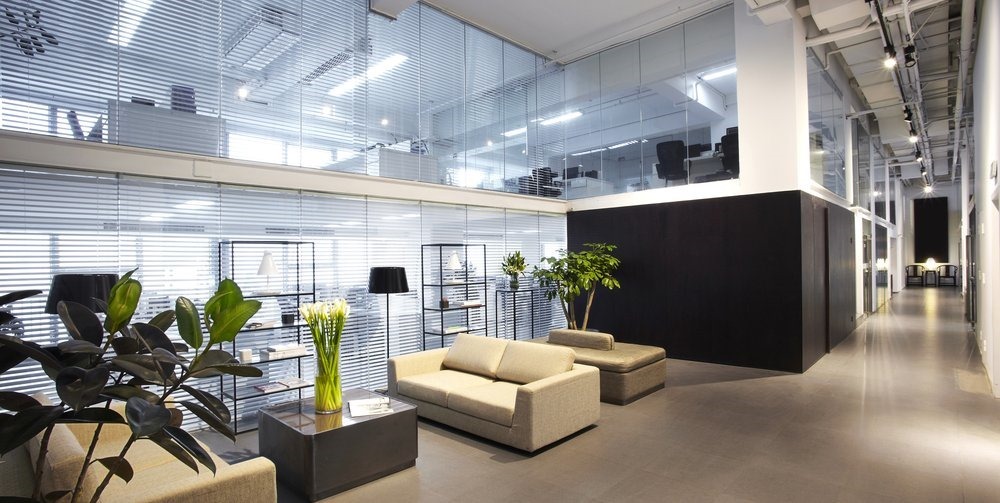Should Startups be Spending on Designing Swanky New Office Spaces?

The startup world is young, vibrant and exciting. Unsurprisingly, it is a common dream amongst entrepreneurs to have their office designed to reflect their energy. It sure is impressive to walk into a startup’s office and find it immaculately and tastefully done up.
Even coming across articles online about newly refurbished startup offices leaves me thinking that it must be exciting to work in these places, but here’s the afterthought – is it really necessary, or even desirable, for a startup to be spending on designing new office spaces?
Office spaces are the physical representation of an organization and its ethos, which helps in attracting and retaining talent. I also agree that a well-designed work space can increase the productivity levels of employees, but I wonder if, amongst other expenses, spending handsomely on office interiors, leave alone the amount of time spent in designing and decorating it, should be high on the startup priority list.
The way I see it, a startup is like an unfinished dream, a work in progress. It is more often than not burning cash, primarily belonging to high net-worth individuals or a law-abiding taxpayer (pension funds are the large investors in Venture Capital and Private Equity funds).
Therefore shouldn’t the mindset of bootstrapping and frugal innovation apply even after raising funds?
From the investors’ perspective, spending heavily on the office space doesn’t seem fruitful. On the other hand, for a young professional, it is easy to be attracted by a fancy workplace, but the people who are the right fit for a startup are probably those who see beyond it.
The ideal people to join a startup are those who judge it not just by the growth trajectory but also by their adherence to a culture of staying nimble and thrifty. Most importantly, shouldn’t startups at least be breaking even before they start looking at opening swanky offices?
Mashable, a startup-focused news website, stated that one of the reasons that Amazon.com managed to survive was that it didn’t go for the dotcom excesses to which other startups of the time succumbed. In fact, Amazon.com’s offices boasted cheap “door desks,” described by former Amazon.com employee Greg Linden as “the quintessential example of Amazon’s frugality.”
If that example doesn’t serve as a note of caution for entrepreneurs then I’m not sure what will. I think it is important for all stakeholders – entrepreneurs, professions, investors and the public – to think deeply about what they perceive as a successful startup. Shouldn’t we be admiring those entrepreneurs who went from a garage startup to a sensibly frugal office space, rather than those who blew money on a luxurious one?
To be honest, the only difference that I see between entrepreneurs who opened swanky offices and a farmer in Gurgaon who cashed in on rising property prices to purchase fancy cars is that at least the farmer bought the cars with his own money.
—-
About the Author: Amit Damani, Co–Founder, Vista Rooms. When he is not having quintessential talks on anything entrepreneurial, he runs one of the fastest growing online aggregator for budget hotels in India.
[Image Source: Shutterstock.com]

I believe sometime it’s depends on Business Nature/Location & consumer/company you are targeting & of course budget as well
I myself working on a startup company and I do prefer a luxurious office on which I can work. So in my opinion I prefer swanky office.
The article is with whose money the swanky offices are being built with. “To be honest, the only difference that I see between entrepreneurs who opened swanky offices and a farmer in Gurgaon who cashed in on rising property prices to purchase fancy cars is that at least the farmer bought the cars with his own money.”
Agree with Sreekanth. How would you feel if you lent some money to a broke friend to run his business, and find out that the friend has spent a good amount of that money in indulgent liabilities? Everyone likes a swanky place to work, but we should hit a self-sustaining phase before doing such things. Of course that does not mean you work in a chawl.